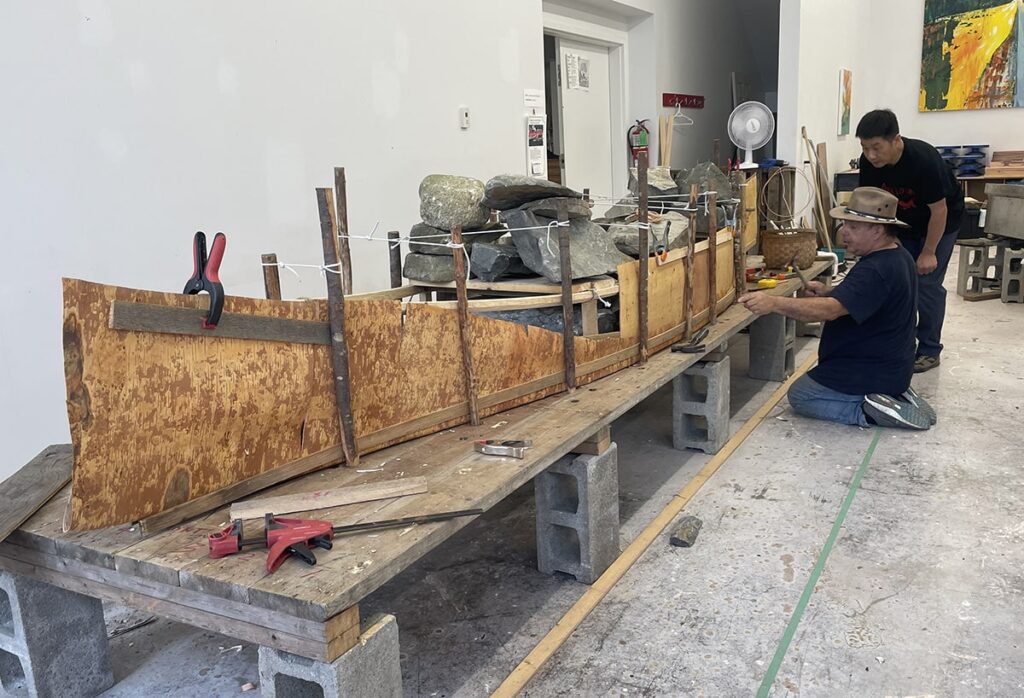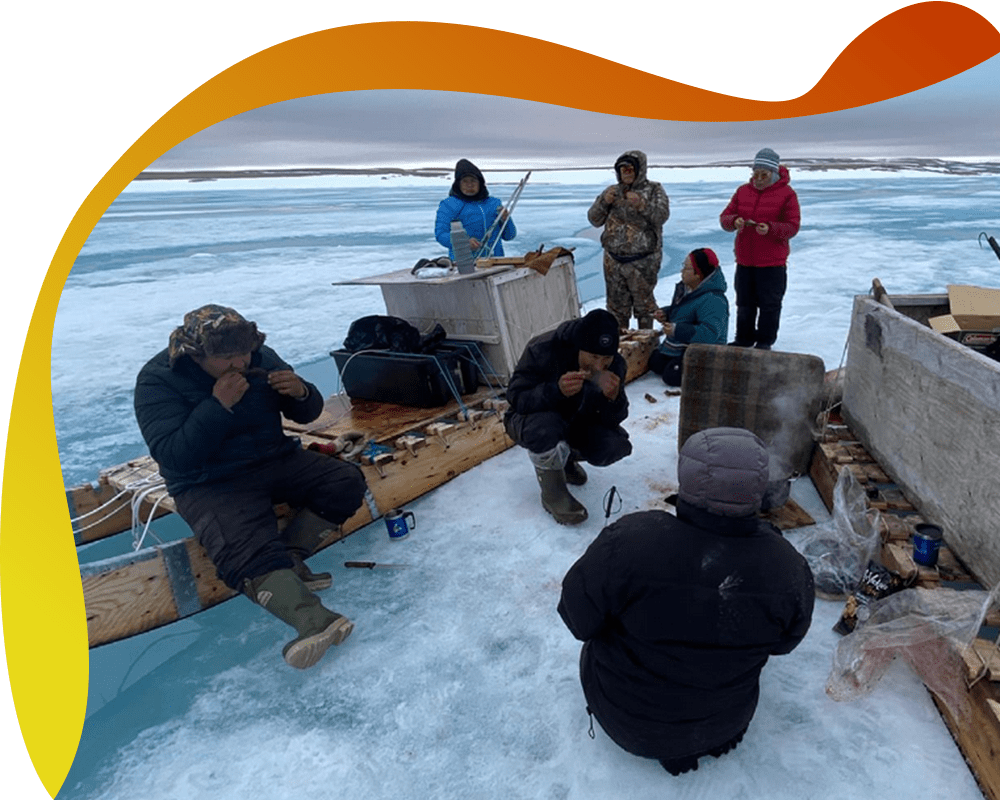It is difficult to find a direct translation for cultural heritage in Indigenous languages. Indigenous Peoples understand and describe cultural heritage according to their distinct perspectives, traditions, and languages. The closest translations often relate to the sacred, or to knowing oneself.
Indigenous cultural heritage is an inherent right – since its associated practices and forms of knowledge pre-date contact with Europeans. This inherent right exists outside of the colonial frameworks that regulate and define state-sanctioned heritage that includes laws, policies, and programs. Indigenous cultural heritage cannot be adequately addressed without the full inclusion of Indigenous Peoples, and our perspectives, values, and legal traditions. Indigenous Peoples have a right to identify our own cultural heritage, interpret its meaning, and safeguard its value. We must also have a voice in shared heritage – the places and stories that are important to Canada and Canadians as a whole.
Being connected to the distinct worldviews, traditions, and territories of our ancestors is fundamental to the identity and well-being of Indigenous peoples and communities. The stewardship and revitalization of Indigenous heritage has a significant impact in creating positive social, economic, physical, and mental health impacts in communities. Indigenous Peoples recognize that safeguarding our cultural heritage, in its many diverse and varied forms and expressions, is critical to building positive, sustainable, culturally-rich futures.




